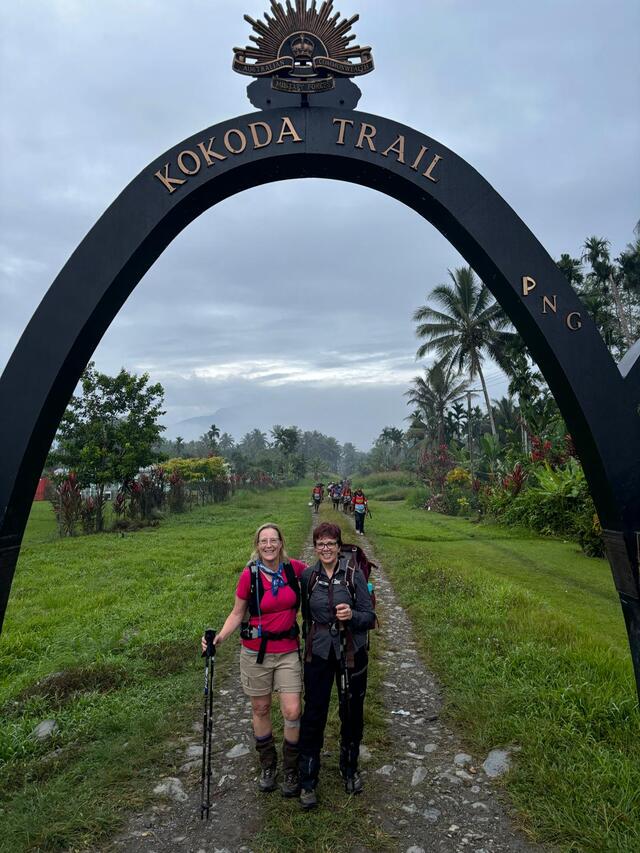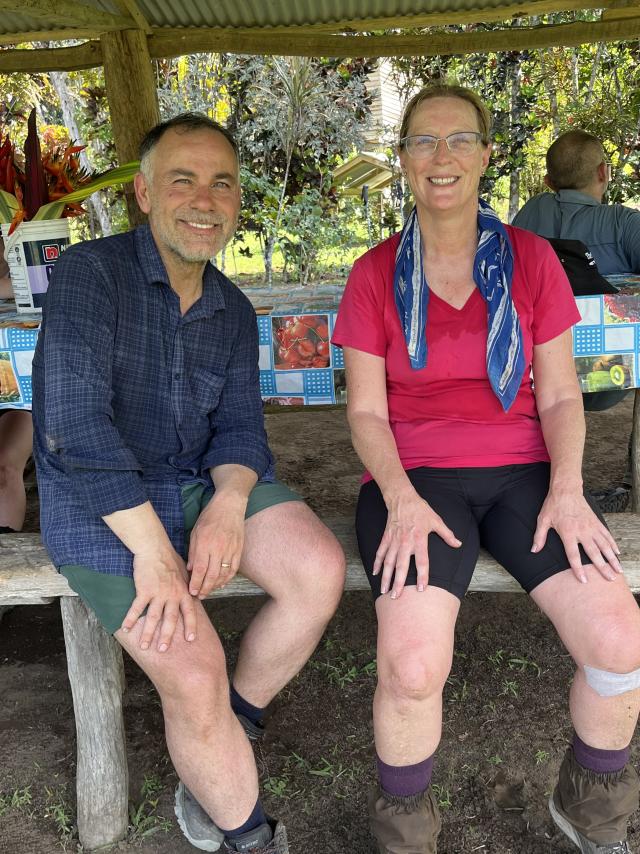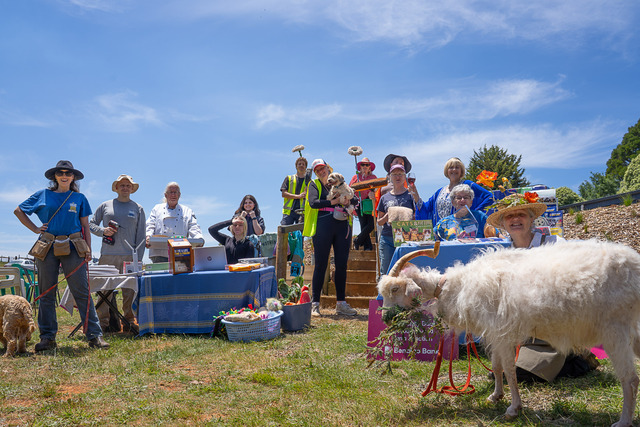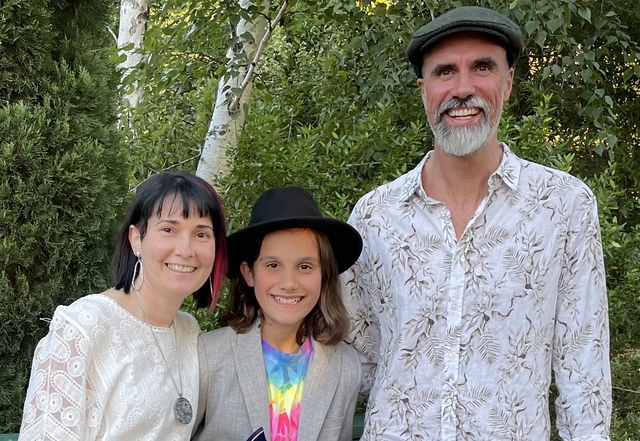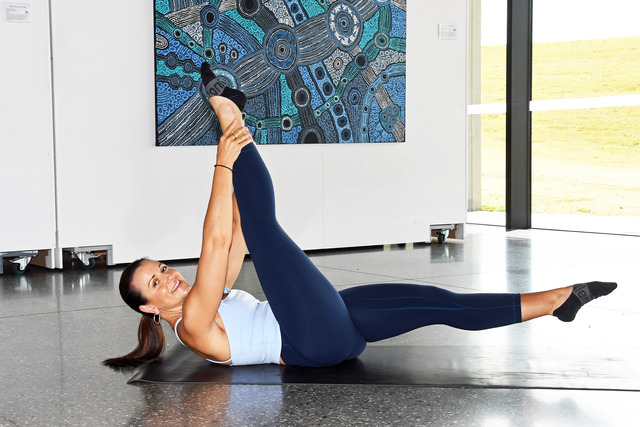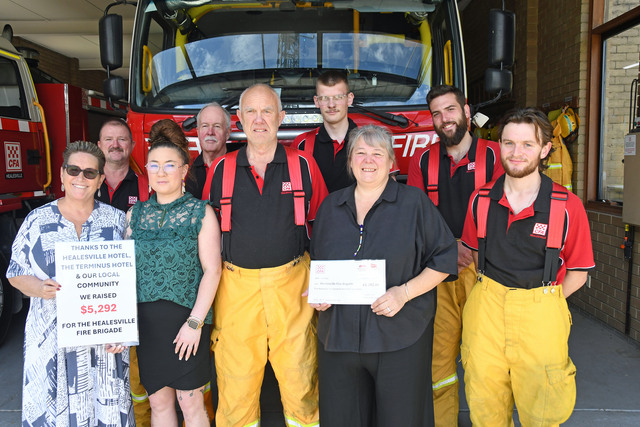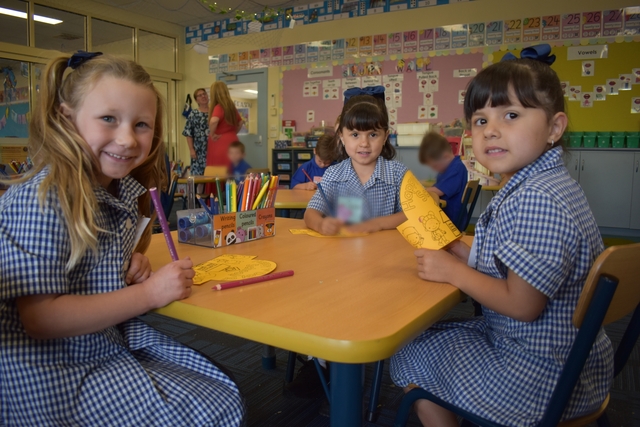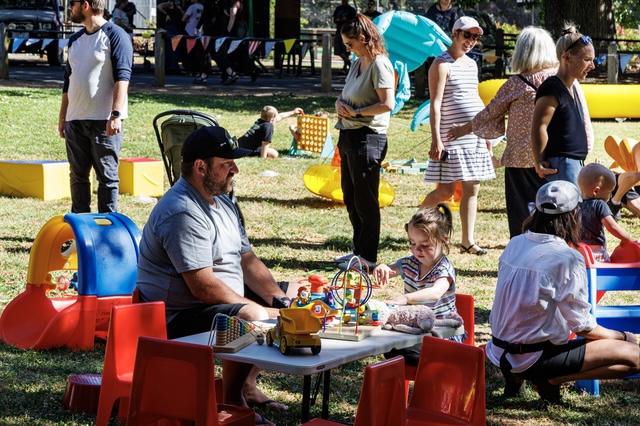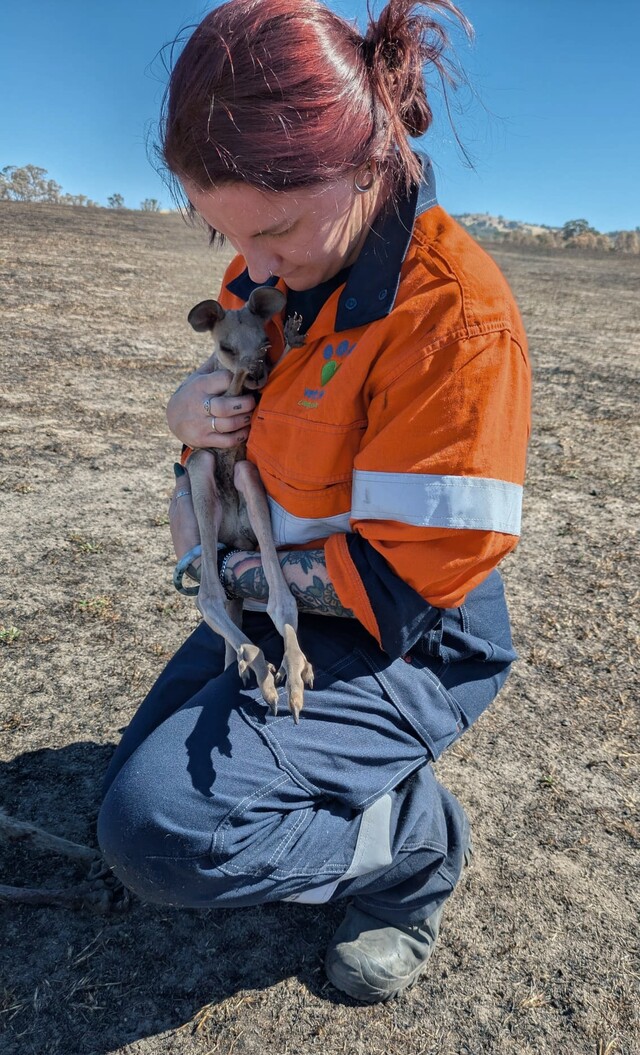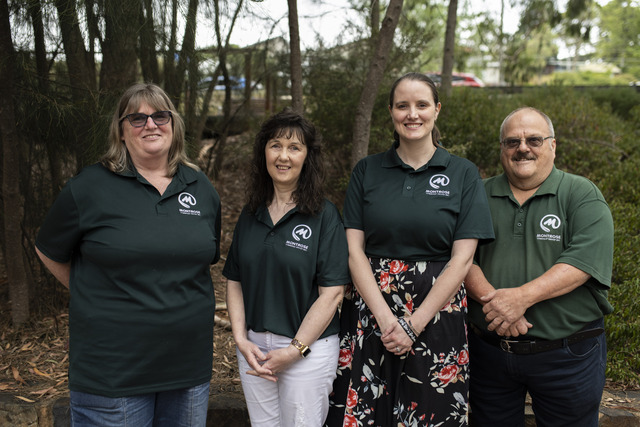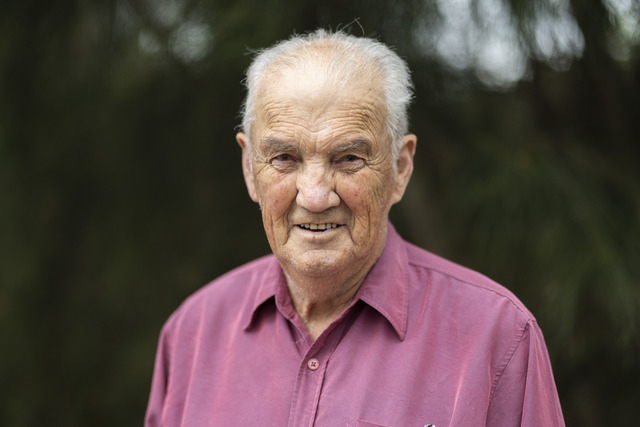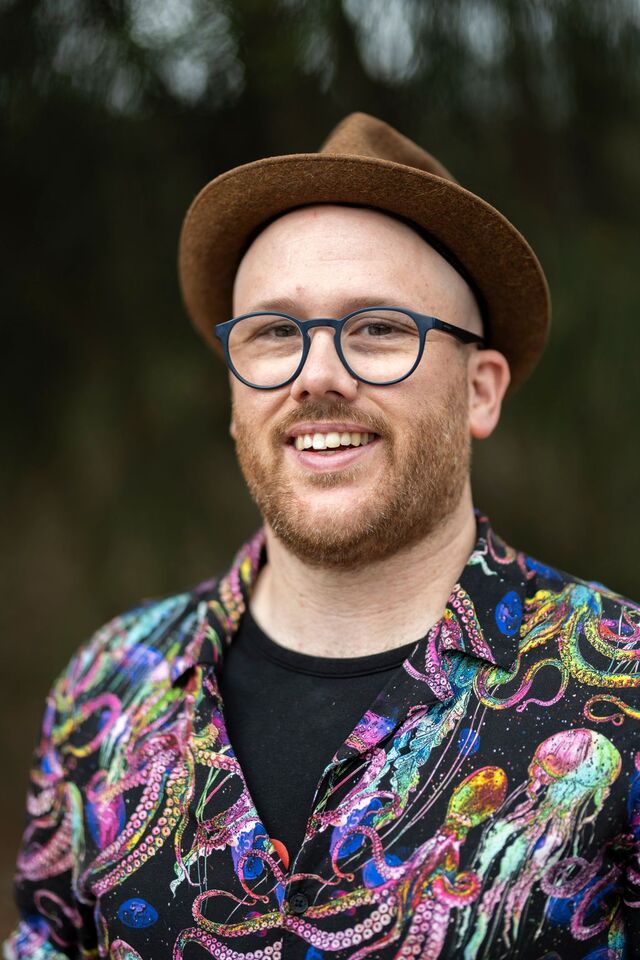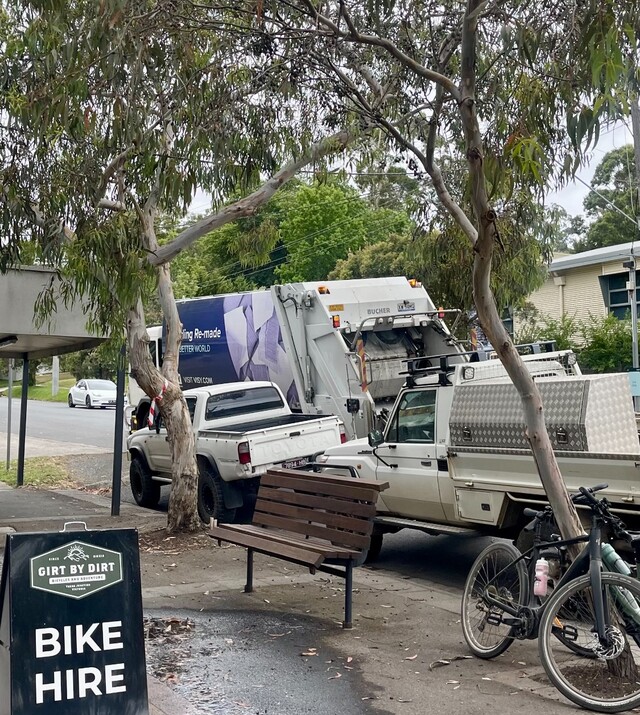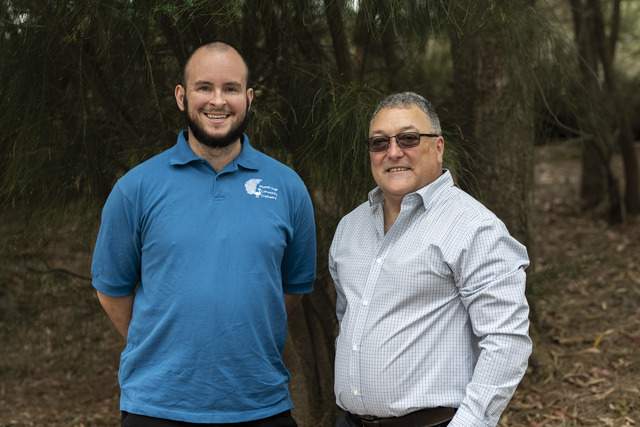In July this year, I tackled the daunting Kokoda Track, all 138km trek of it thinking constantly of the Australian soldiers who fought there.
It was an incredibly moving journey, walking where they walked, seeing war memorials and standing where historical battles took place.
It put into perspective the hardships and difficult conditions our Diggers faced.
We had porters, to carry most of our gear – our Diggers did not.
We had good boots – our Diggers did not. We could keep dry – our Diggers could not.
We didn’t suffer from dysentery.
We could sleep peacefully at night without our lives being threatened.
Our Diggers walked and fought while injured with almost no time to recover or rest.
And of course many lost their lives.
Joining me on the trek was State Liberal Leader John Pesutto, several Coalition colleagues and 25 Year 11 students from across Victoria among others.
It was touching to know many of the porters were descendants of the fuzzy wuzzy angels who were a incredible support for our soldiers.
The trek was a tough physical and mental challenge.
Although I had done the training, I found there was no way of replicating the jungle conditions we faced.
We climbed up and down mountains constantly, mostly trekking more than 20 kms a day.
The paths were exceptionally steep and narrow, slippery, muddy, and required loads of concentration to avoid tripping over exposed tree roots.
The weather was hot and humid with a couple of icy nights.
Along the way we learnt about the battles and types of combat, some of it being hand to hand.
We heard that during these gruelling battles, some injured soldiers were carried on stretches by the fuzzy wuzzy angels for kilometres to be moved to safety or the ‘hospital’.
Those who could stagger did that.
Surgeries were done on the surgeons rock, kilometres from the battlefield and even further from the hospital.
Those who were able, were sent back to the front line, while the more severely wounded had to climb a further 4km up steep and slippery mountain side to the hospital to recuperate.
I shed many tears.
Youth was clearly an advantage!
I am incredibly proud of our young people who kept spirits and energy high – even playing soccer with local children or volleyball with our porters after a 20km hike.
They clearly enjoyed the trek but the realisation that many of the soldiers were only a year or two older than themselves, hit them hard as they imagined themselves living and fighting in the dreadful conditions our soldiers faced.
Like many locals, I share a personal connection to the area with family members having served during WWII.
My uncle, Don McLeish, was deployed to Papua New Guinea, and my father, Campbell, was deployed to Borneo and New Britian.
Although they were not on Kokoda, it is a tearful reminder of conditions they would have faced in their battles.
It was an experience I will never forget.
I feel honoured to have taken part with a great group of people.

